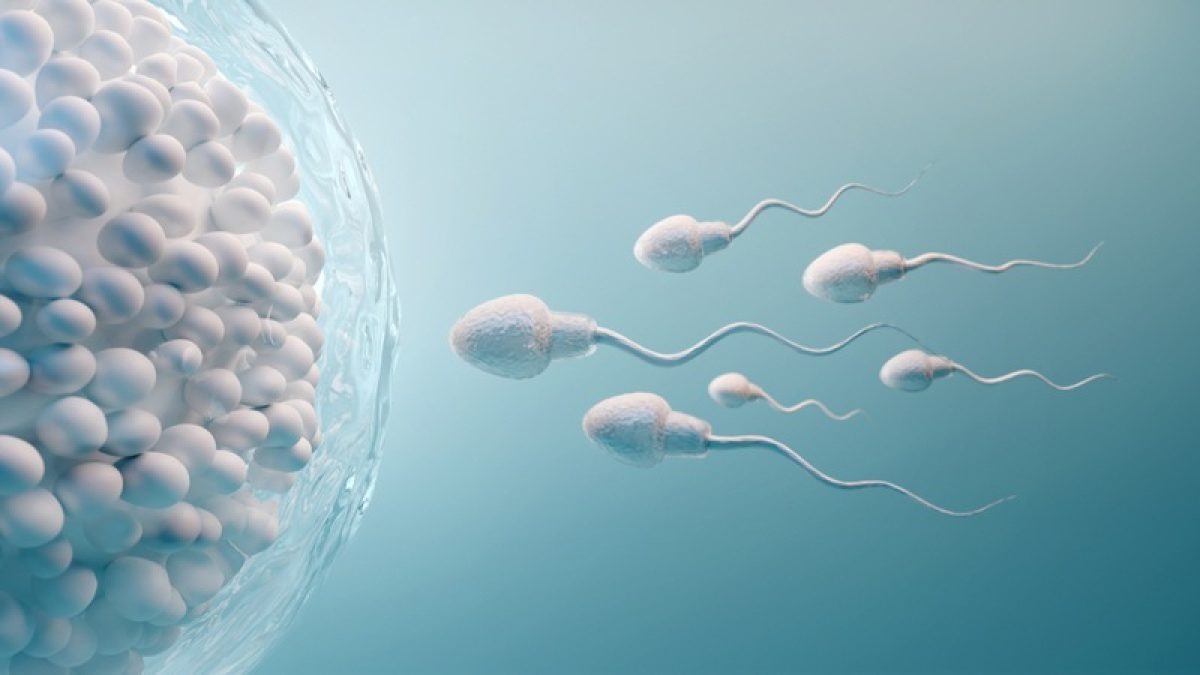If you’re looking to increase sperm count, it’s important to maintain a healthy lifestyle and diet. While there’s no magic food that can guarantee a significant boost in sperm count, a balanced and nutritious diet can support overall reproductive health.
Here are some dietary recommendations to consider:
1. Fruits and Vegetables:
Consuming a variety of fruits and vegetables ensures you get essential vitamins, antioxidants, and minerals. These can help combat oxidative stress and improve sperm quality.
2. Lean Protein:
Include lean protein sources like poultry, fish, lean cuts of red meat, and plant-based options like legumes and tofu. Protein is important for sperm production.
3. Whole Grains:
Opt for whole grains like whole wheat, brown rice, and oats, which provide fiber and essential nutrients.
4. Healthy Fats:
Incorporate sources of healthy fats, such as avocados, nuts, seeds, and fatty fish like salmon. These fats support overall health, including reproductive function.
5. Dietary Supplements:
Certain dietary supplements may help, including zinc, selenium, and omega-3 fatty acids. These nutrients are vital for sperm health.
6. Folate and Folic Acid:
Leafy greens, fortified cereals, and legumes are good sources of folate, while folic acid is available in supplement form. Both can benefit sperm quality.
7. Vitamin C and E:
These vitamins are antioxidants that help protect sperm from damage. Citrus fruits, berries, and nuts are good sources of vitamin C, while vitamin E is found in nuts and seeds.
8. Lycopene:
Found in tomatoes and tomato products, lycopene is believed to have a positive impact on sperm health.
9. Dietary Fiber:
Fiber-rich foods can help regulate blood sugar levels and improve insulin sensitivity, which is essential for reproductive health.
10. Hydration:
Staying well-hydrated by drinking plenty of water is crucial for maintaining optimal sperm production and function.
11. Limit Processed Foods:
Reducing the consumption of processed foods, sugary beverages, and trans fats is important, as they can negatively impact overall health and potentially affect sperm quality.
12. Moderate Alcohol and Caffeine:
Excessive alcohol and caffeine consumption can have a negative impact on sperm production. Limiting these substances may be beneficial.
It’s worth noting that maintaining a healthy body weight, avoiding smoking, and managing stress are also essential factors for sperm health. If you have concerns about your sperm count or fertility, consult with a healthcare provider, as they can provide guidance, conduct tests, and offer personalized recommendations for your specific situation.
